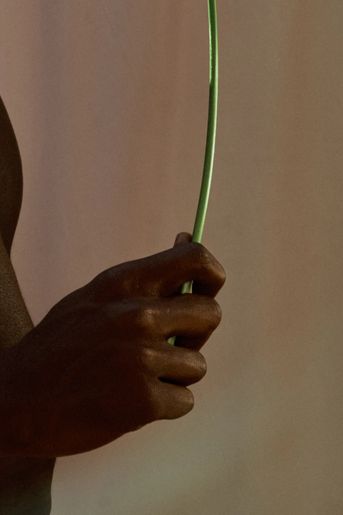Protests
How to invest your time and energy to send a collective message. You’ll also learn why protesting works and how to do it safely.

THE POWER OF PROTEST
Your voice is one of the most powerful tools you can use. Protests allow local residents to be part of a collective and public declaration of objection towards a display of injustice.
Collective action moves the needle because it creates mass awareness that’s hard for decision-makers to ignore. Protests can serve as conversation starters to ignite political action within society. They also make it clear that authorities will be held accountable for their actions.
Protests aren’t always immediately effective at creating change— it can take time. In some situations, the government will choose to make the stakes of a protest appear high risk to silence the issue and intimidate people from speaking up. This reinforces how powerful protests can be! In some cases, governments respond with violence. We’ve seen this repeatedly in American history in Selma, Ferguson, and more recently in Portland. In each of these situations, the government addressed protests with increased police presence and excessive use of force which led to more violence.
Two reasons why protesting works
Ultimately protests are successful for two reasons. First, they undermine the legitimacy of the enforcer over time as Zeynep Tufecki lays out in The Atlantic. Violence and suppression are effective for short term governance, but ultimately create a fragile system that will buckle under sustained pressure from the public.
Second, protests get participants politically committed on a personal level, according to a recent Harvard study. They deeply engage people that choose to take a stand and can also shift the perspective of those who aren’t participating in them.
How it started:
2016
How it's going:
2020
The next time you are considering if a protest can be effective, think about the impact of the March on Washington (1963) or the Selma March (1965). Both protests led to significant civil rights legislation that changed the course of history—the Civil Rights Act of 1964 and the Voting Rights Act of 1965.
In 2020 global protests contributed to the arrest of the four police officers that killed George Floyd.
Who organizes protests?
Anyone can, you can also follow local organizers on social media to get information on upcoming protests. If you are thinking about organizing a protest here are some things to consider.
HOW TO GET STARTED
1. If you are attending a protest, review this protestor’s rights manual from the ACLU.
2. Remember these tips for protesting safely from organizations like Amnesty International and publications like Wired.
3. If you aren’t an American Citizen or English isn’t your first language, explore this resource from the National Lawyers Guild before you protest to ensure you are protected.
What’s the time commitment?
It can range but generally isn’t a big time commitment if you are simply attending a protest. However, organizing a protest may require a notable time investment depending on the scale of the demonstration.






